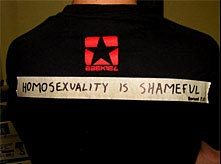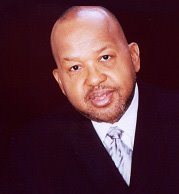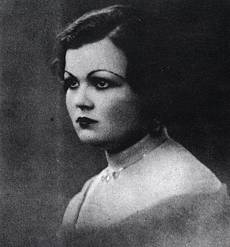How Not to Win the War on Terror
We cannot claim to have brought either security or democracy to the victims of the Haditha massacre. Our presence in Iraq did not improve their lives. They are not better off because we chose to invade their country. While some might argue that the unprovoked killing of several dozen civilians neither reflects the war as a whole nor undermines all the good we have accomplished in Iraq, I disagree. I would argue that the reverse is true. Whatever good we have accomplished there does not make up for the fact that innocent civilians were killed in what the military has determined to have been an unprovoked attack.
Accidental deaths—collateral damage as it’s euphemistically called—are difficult enough to justify. Those whose lives and families are destroyed cannot be expected to see beyond their loss to the bigger picture. There is no justification for deliberately targeting innocent civilians, any more than there could be justification of the humiliation and torture that took place at Abu Ghraib. Perhaps the bigger picture here is one of the United States as a rogue state.
Many will be quick to dismiss these deaths as tragic, but somehow inevitable casualties of the war in Iraq, which is, they will argue, a just and necessary war. I would argue that the correct response to the revelation that innocent civilians were gunned down in what amounts to a massacre is not to place their lives in a scale and see if they outweigh or are outweighed by the greater good. Rather, the killing of innocent civilians—not accidentally, but deliberately—must be considered on its own, apart from the larger discussion of whether the invasion of Iraq was justified or whether we have accomplished any good over there.
Even if the war in Iraq were just and necessary, the unprovoked killing of civilians is evidence that something has gone terribly wrong. However, when the larger war itself is both unjust and unnecessary, gunning down innocent civilians must be seen as an act of terror—mass murder. Rather than trying to deflect the moral outrage at unprovoked killings with a litany of our other accomplishments in Iraq, we should take this opportunity to ask ourselves whether we are really any better than the brutal dictator whom we toppled. After all, surely Saddam’s regime wasn’t bad for everybody. If we can justify our acts of terror, why can he not justify his in his trial that is taking place right now? If a case can be made for atrocities committed by the U.S. military, this is indeed good news for Saddam’s lawyers seeking to defend his own misdeeds. They’d better be paying close attention.
Apart from the moral ramifications of killing civilians, there is also the important question of what such acts of terror will mean for the American people. The Haditha massacre did not make the world a safer place. It has very likely sown the seeds of despair and hatred that will bear bitter fruit for the American people. In a cosmic sense, the marines who committed this atrocity will be responsible not just for the lives of the Iraqi civilians gunned down, but also for the hundreds (if not thousands) of American lives lost in retaliation, even if retribution is slow to come.



































